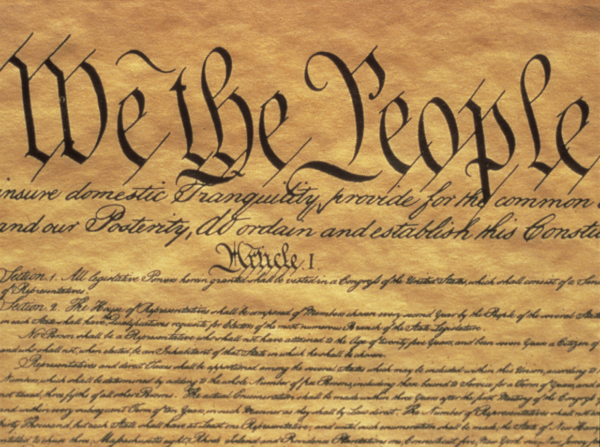Civil Rights Groups Urge Oklahoma Officials to Reject Application for Ben Gamla Religious Public Charter School
OKLAHOMA CITY — A coalition of civil rights organizations today urged the Oklahoma Statewide Charter School Board to reject Ben Gamla Jewish Charter School’s application to form the nation’s first religious public charter school, which would be a flagrant violation of Oklahomans’ religious freedom and the constitutional promise of church-state separation, as well as Oklahoma’s guarantee that public schools be open to all.
In a letter to the board, the coalition explained the many ways Ben Gamla’s proposed school would violate state and federal law by indoctrinating students in a specific religion and discriminating against students, staff, and, potentially, parents. The groups also pointed to substantial deficiencies in required elements throughout the application.
The letter was authored by Americans United for Separation of Church and State, the American Civil Liberties Union, Education Law Center, Freedom From Religion Foundation and Oklahoma Appleseed Center for Law and Justice. Most of these organizations represented Oklahoma public school advocates, parents, and faith leaders in a 2023 lawsuit to block Oklahoma from creating and funding St. Isidore of Seville Catholic Virtual School, a proposed religious public charter school that was ruled unconstitutional by the Oklahoma Supreme Court in 2024, a decision the U.S. Supreme Court let stand in 2025.
In today’s letter, the groups detail how Ben Gamla’s proposal would similarly violate the U.S. Constitution, the Oklahoma Constitution, the Oklahoma Charter Schools Act and the board’s own regulations, which make clear that charter schools are public schools that must be secular and open to all students and cannot use religion as a license to discriminate in admissions or employment.
“Establishing the nation’s first religious public school would be a dangerous sea change for American democracy,” said Rachel Laser, president and CEO of Americans United. “We urge the board to protect public education and the religious freedom of Oklahoma taxpayers and students by rejecting Ben Gamla’s application. Public schools aren’t and should never be religious schools.”
“The very idea of a religious public school is a constitutional oxymoron,” said Daniel Mach, director of the ACLU Program on Freedom of Religion and Belief. “We hope the board rejects this application and safeguards the religious liberty of Oklahoma students, families, and taxpayers.”
“Although the Oklahoma Supreme Court has already made crystal clear that a religious charter school would violate the law, we are again faced with the need to oppose the establishment and public funding of such a school in the state,” said Jessica Levin, litigation director at Education Law Center. “We are proud to stand with a large and diverse group of people in Oklahoma and across the country who will fight to maintain a secular public education system that is open to all and rejects discrimination of any kind.”
“Public charter schools are public schools, and public schools must be secular,” said Annie Laurie Gaylor, co-president of the Freedom From Religion Foundation. “Allowing a religious charter school would open the door to government-funded religious indoctrination and discrimination, undermining the religious freedom of students, families and taxpayers alike. Oklahoma has already seen where this road leads, and there is no lawful basis to repeat that mistake.”
“Public dollars should strengthen public schools that welcome every child, not be diverted to religious institutions that exclude or indoctrinate,” said Brent Rowland, interim executive director and legal director at Oklahoma Appleseed. “The Constitution’s separation of church and state protects both religious freedom and public education. When the state funds a religious charter school, it violates that promise and drains scarce resources from the neighborhood public schools that most Oklahoma families rely on. At a moment when our communities are desperate for meaningful investment in public education, Oklahoma officials should reject this application and uphold the constitutional guardrails that serve all students.”
Attorneys authoring the letter include Alex J. Luchenitser and Luke Anderson at Americans United; Daniel Mach at the ACLU; Jessica Levin, Wendy Lecker, Patrick Cremin and Katrina Reichert at ELC; Samuel T. Grover and Kyle J. Steinberg at FFRF; and Brent L. Rowland and Morgan Bandy at Oklahoma Appleseed.


